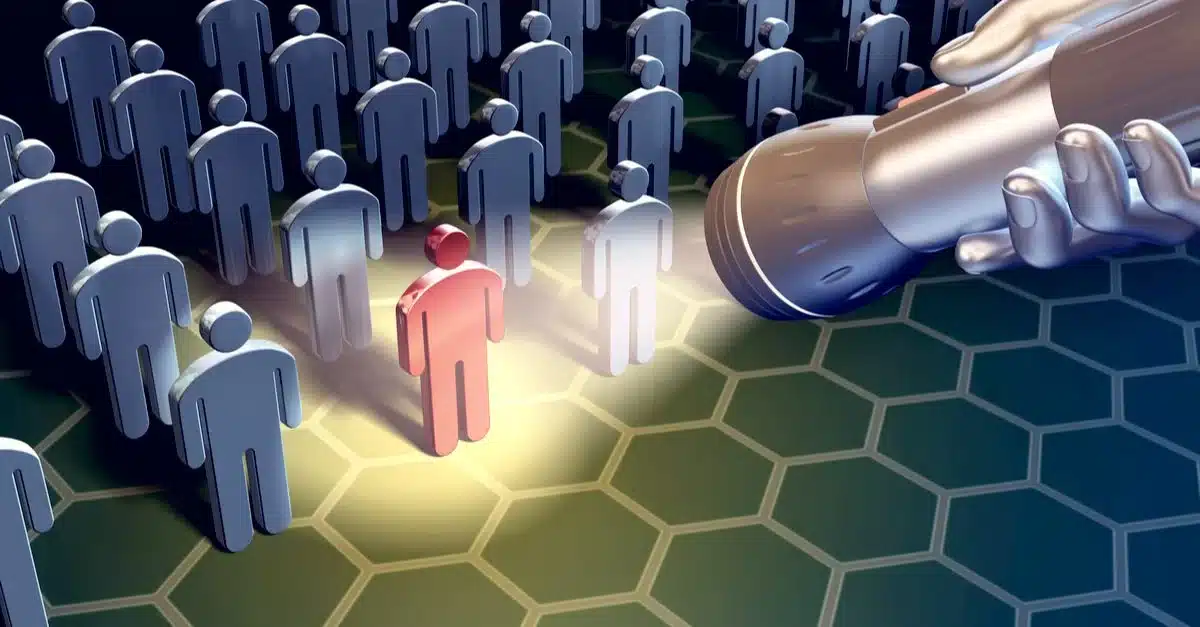TEAP App Hack — What Happened and How to Stay Safe

Hi everyone! 👋 This week’s post is about a serious cybersecurity issue involving a fast-growing women-only app called TEA (also known as the TEAP app ). If you've seen it in the news lately, it's because of a major data breach that affected tens of thousands of users. Let's break down what the TEAP app is, what happened during the hack, and what steps you can take to protect yourself. What is the TEAP App? The TEA app is a private, women-only platform where users can anonymously review and share information about men especially for dating safety. Think of it like a “Yelp for exes” or a modern version of the whisper network. What Happened? Recently, hackers found a way to break into TEAP’s system. This allowed them to access users’ personal information such as names, email addresses, and possibly more sensitive data. The breach caused a lot of worry because it can lead to identity theft or fraud if that information falls into the wrong hands. How Did the Hack Hap...

